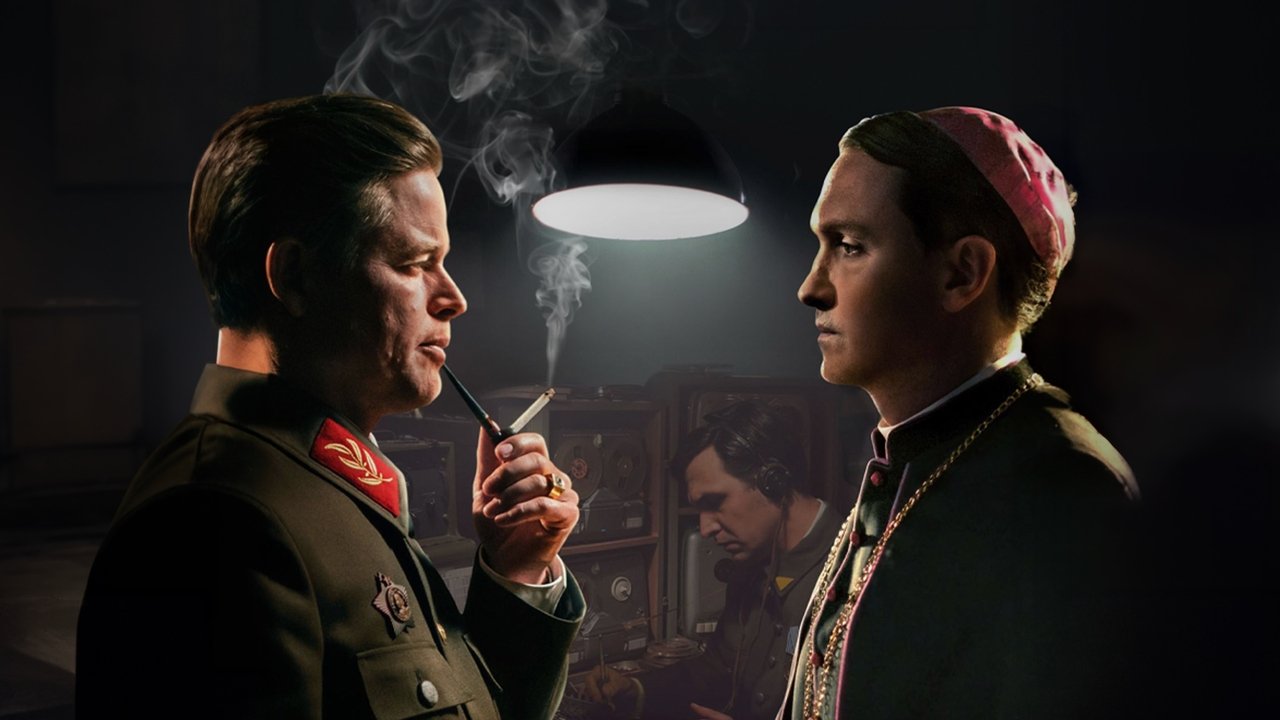
The Conversation (2022)
Based on a true story of a meeting in June 1945 between two powerful men with very opposite philosophies and perspectives on the future of their country.

Based on a true story of a meeting in June 1945 between two powerful men with very opposite philosophies and perspectives on the future of their country.
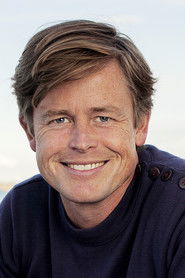 Caspar PhillipsonJosip Broz Tito
Caspar PhillipsonJosip Broz Tito Dylan TurnerAlojzije Stepinac
Dylan TurnerAlojzije Stepinac Lujo KunčevićMladi Tito
Lujo KunčevićMladi Tito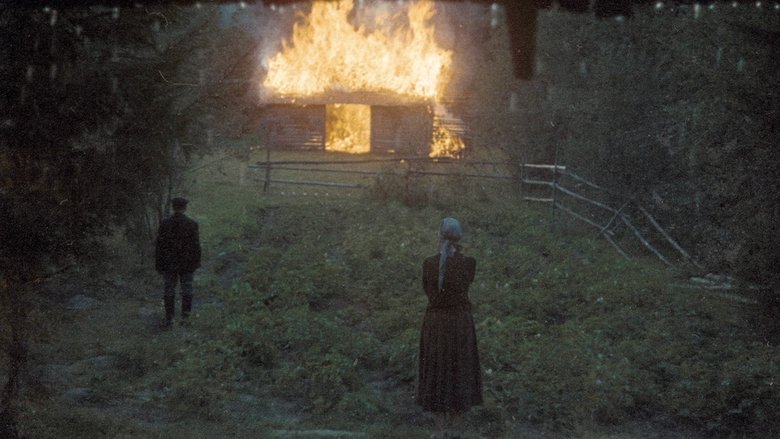
A dying man in his forties recalls his childhood, his mother, the war and personal moments that tell of and juxtapose pivotal moments in Soviet history with daily life.
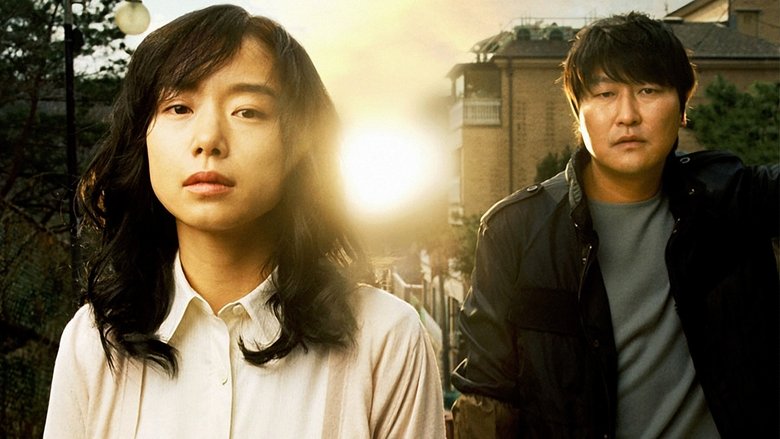
Shin-ae moves to her recently late husband’s hometown. Despite her efforts to settle in this unfamiliar and too-normal place, she finds that she can’t fit in. After a sudden tragedy, Shin-ae turns to Christianity to relieve her pain, but when even this is not permitted, she wages a war against God.
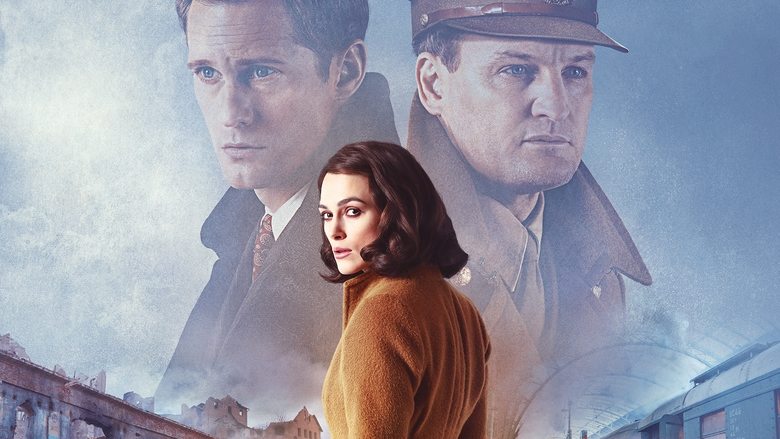
In the aftermath of World War II, a British colonel and his wife are assigned to live in Hamburg during the post-war reconstruction, but tensions arise with the German widower who lives with them.
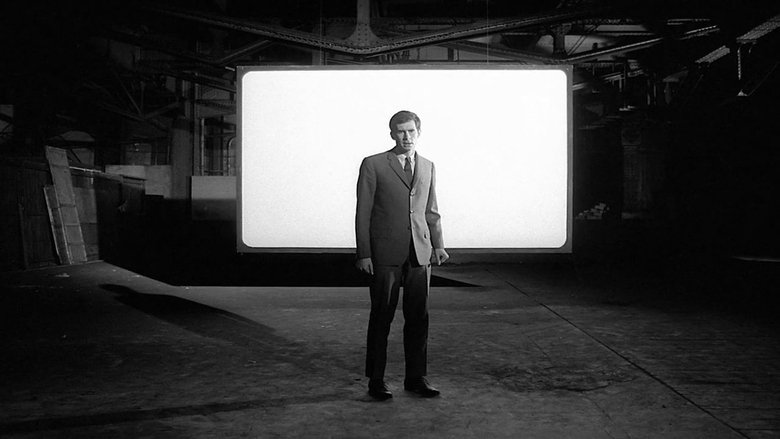
Josef K wakes up in the morning and finds the police in his room. They tell him that he is on trial but nobody tells him what he is accused of. In order to find out about the reason for this accusation and to protest his innocence, he tries to look behind the façade of the judicial system. But since this remains fruitless, there seems to be no chance for him to escape from this nightmare.
This fact-based story follows a woman who launches a rescue of her Royal Air Force pilot son, who was shot down over Germany in 1941. Getting no help from the underground, she sets up her own rescue mission.
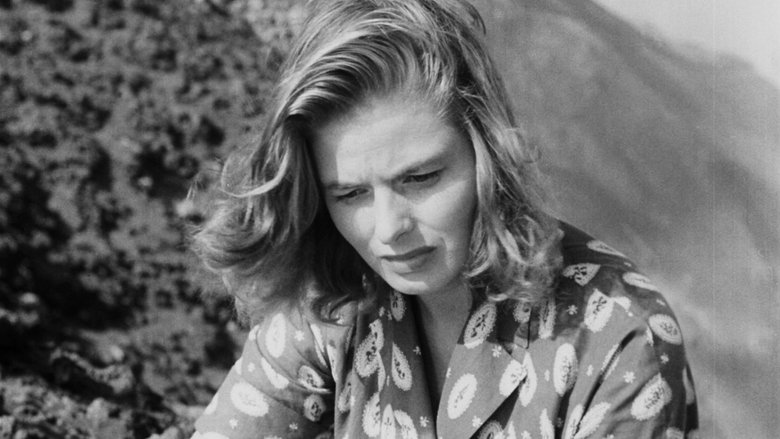
After the end of WWII, a young Lithuanian woman and a young Italian man from Stromboli impulsively marry, but married life on the island is more demanding than she can accept.
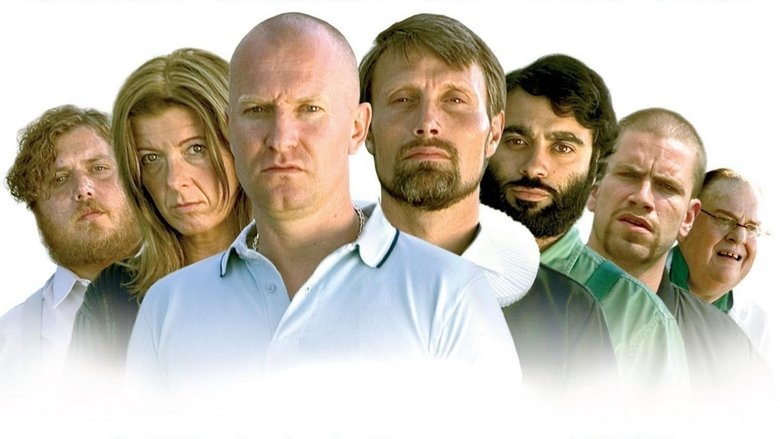
A neo-nazi sentenced to community service at a church clashes with the blindly devotional priest.
An alcoholic priest receives confessions online throughout the eternal quarantine.
Disappointed with humanity, God wants to revoke his contract with humanity and wants to take back the stone tablets containing the ten commandments. To this end an angel is sent out to affect the personal lives of three humans so an appropriate child may be conceived.
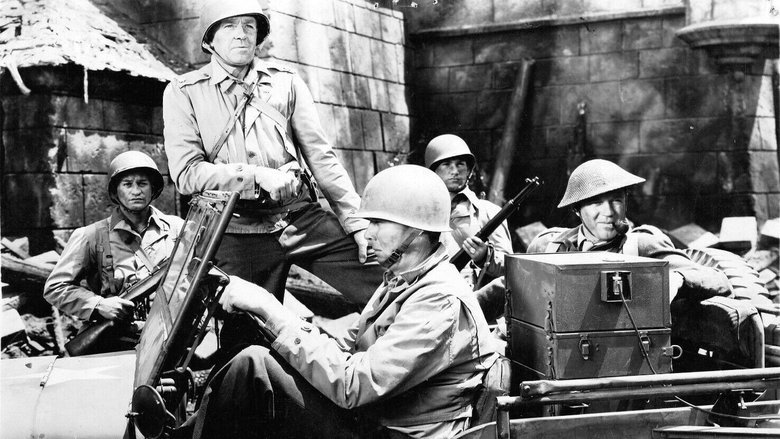
When allied troops liberate a small battle-scarred Belgium town in 1944 the American and British commanders do all they can to help the war-weary people back on their feet. There are mental and physical wounds to heal, fields to plough, the church to rebuild. But a top Nazi, knowing the War is lost, has infiltrated the town and is fostering dissent and disunity.
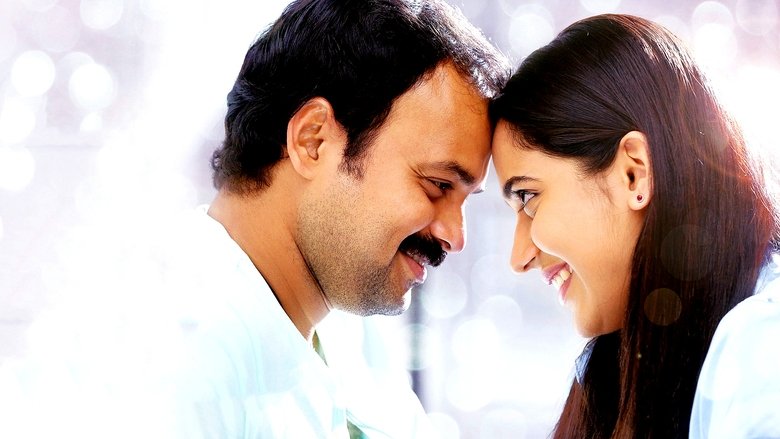
Sunny, a priest, comes to know that Vavachan is running an old age home with vile intentions. He wants the corpses of the inmates for the medical college run by his son. Sunny decides to expose this.
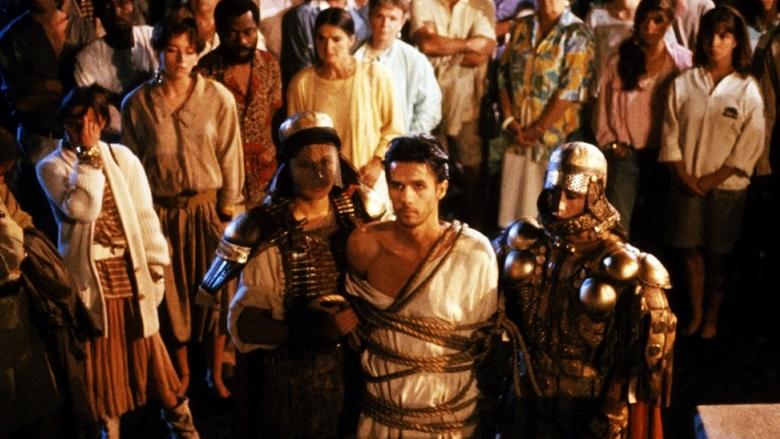
A group of actors putting on an interpretive Passion Play in Montreal begin to experience a meshing of their characters and their private lives as the production takes form against the growing opposition of the Catholic church.
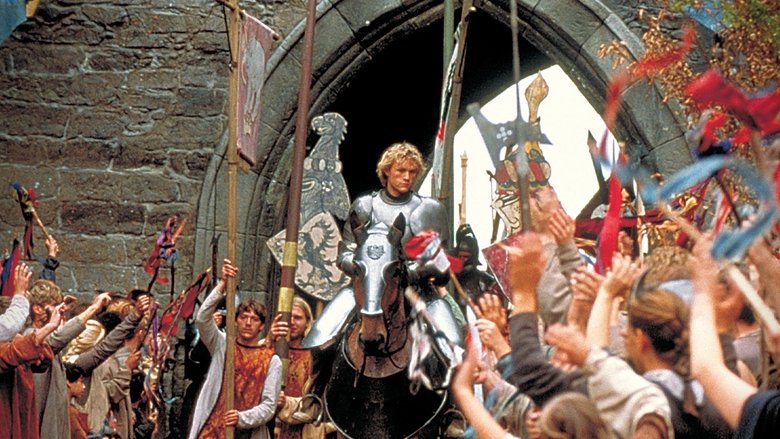
William Thatcher, a knight's peasant apprentice, gets a chance at glory when the knight dies suddenly mid-tournament. Posing as a knight himself, William won't stop until he's crowned tournament champion—assuming matters of the heart don't get in the way.
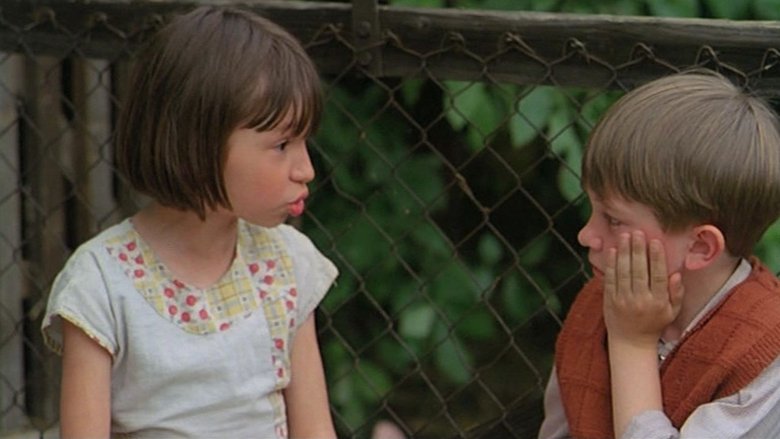
"Sleep Sweet, My Darling" shows a bittersweet coming of age of Tomica Skrinjar, starting at the tail end of World War II in 1945.
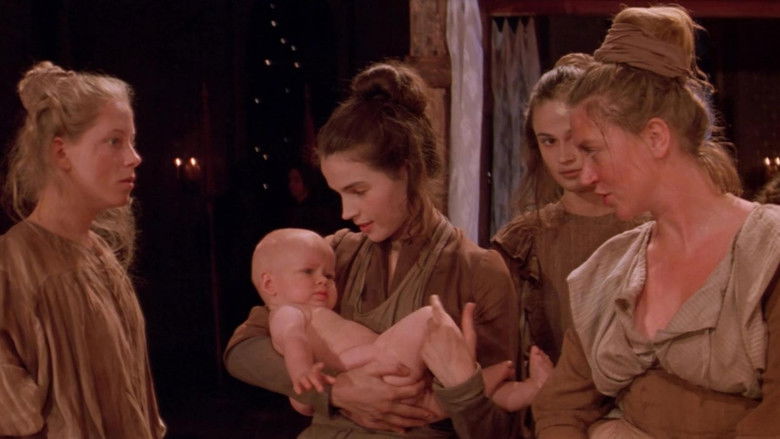
Set halfway through the 17th century, a church play is performed for the benefit of the young aristocrat Cosimo. In the play, a grotesque old woman gives birth to a beautiful baby boy. The child's older sister is quick to exploit the situation, selling blessings from the baby, and even claiming she's the true mother by virgin birth. However, when she attempts to seduce the bishop's son, the Church exacts a terrible revenge.
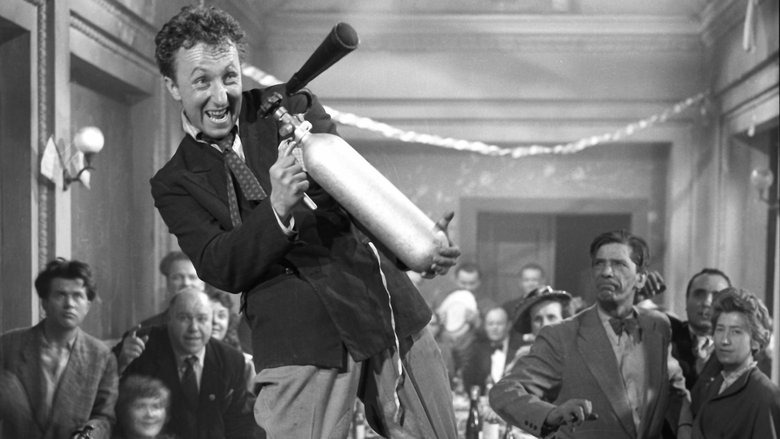
A young academy soldier, Maciek Chelmicki, is ordered to shoot the secretary of the KW PPR. A coincidence causes him to kill someone else. Meeting face to face with his victim, he gets a shock. He faces the necessity of repeating the assassination. He meets Krystyna, a girl working as a barmaid in the restaurant of the "Monopol" hotel. His affection for her makes him even more aware of the senselessness of killing at the end of the war. Loyalty to the oath he took, and thus the obligation to obey the order, tips the scales.
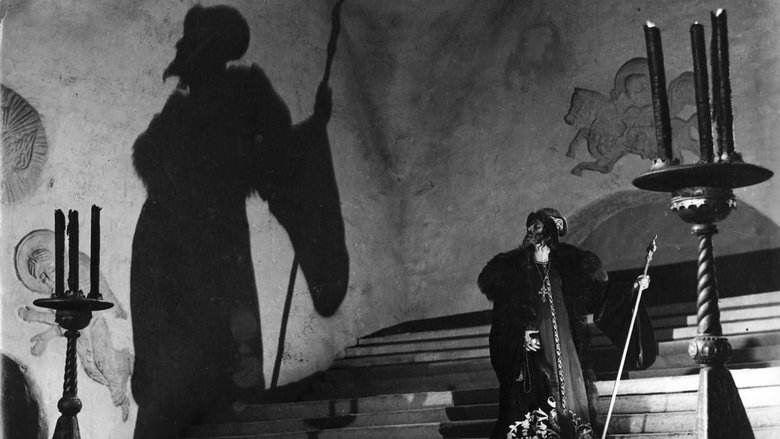
Set during the early part of his reign, Ivan faces betrayal from the aristocracy and even his closest friends as he seeks to unite the Russian people. Sergei Eisenstein's final film, this is the first part of a three-part biopic of Tsar Ivan IV of Russia, which was never completed due to the producer's dissatisfaction with Eisenstein's attempts to use forbidden experimental filming techniques and excessive cost overruns. The second part was completed but not released for a decade after Eisenstein's death and a change of heart in the USSR government toward his work; the third part was only in its earliest stage of filming when shooting was stopped altogether.
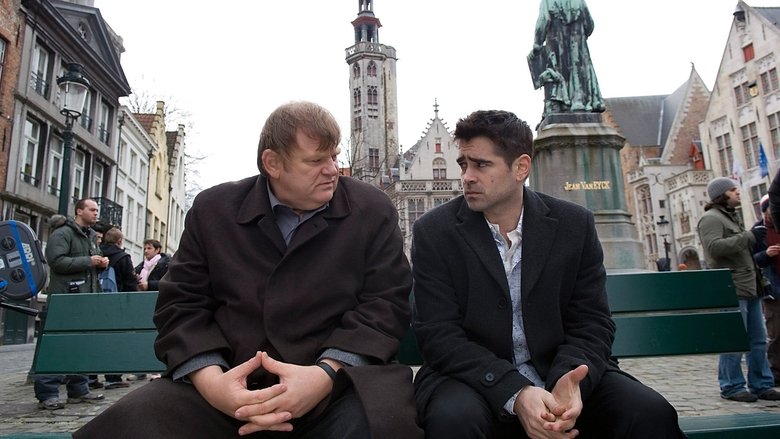
Ray and Ken, two hit men, are in Bruges, Belgium, waiting for their next mission. While they are there they have time to think and discuss their previous assignment. When the mission is revealed to Ken, it is not what he expected.
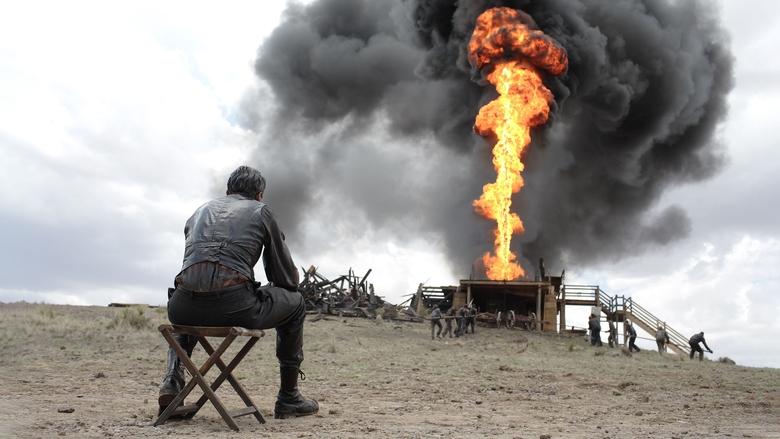
Ruthless silver miner, turned oil prospector, Daniel Plainview, moves to oil-rich California. Using his son to project a trustworthy, family-man image, Plainview cons local landowners into selling him their valuable properties for a pittance. However, local preacher Eli Sunday suspects Plainview's motives and intentions, starting a slow-burning feud that threatens both their lives.

A bomb explodes in a cafe, at the same time as Leong is released from prison. Sadikin orders Pandu to investigate Leong's trail. Pandu's time is increasingly taken up with Olivia, his daughter who needs the presence of a father after her mother died of illness. Luckily there is Suri, Olivia's teacher, who tries to fill the void by approaching Olivia. Because of Olivia, Pandu and Suri's relationship becomes closer. But the situation becomes more dangerous for Pandu because his face is seen when the ambush and revenge action are about to be carried out.